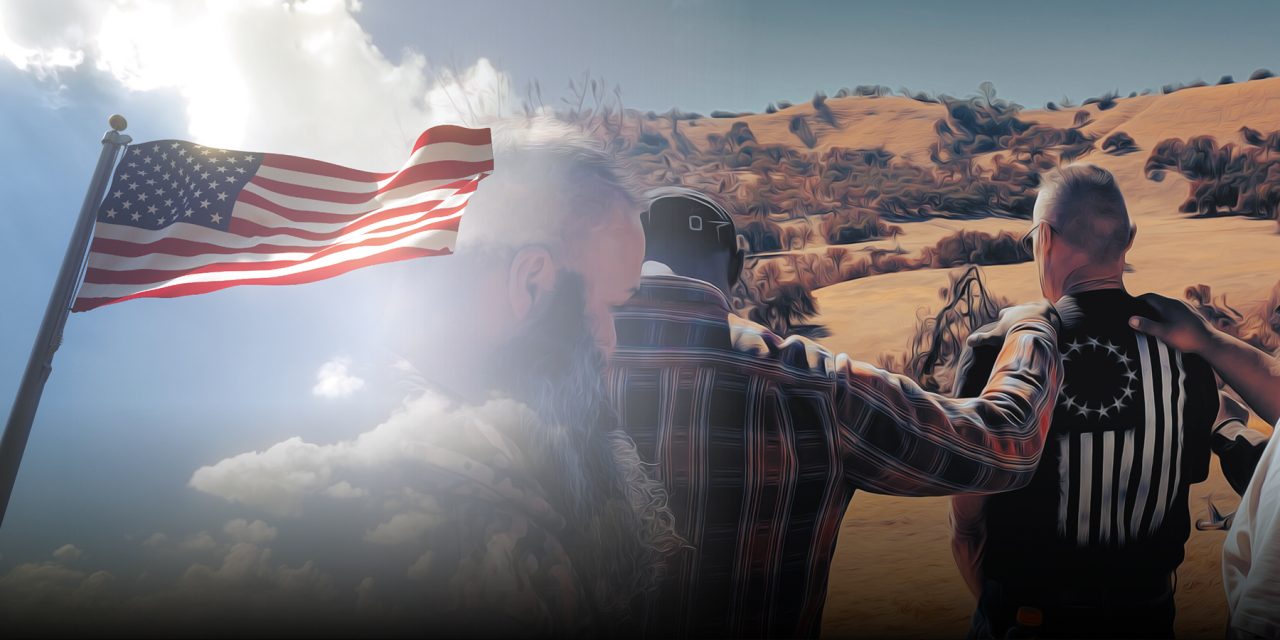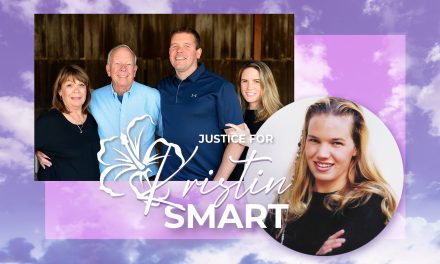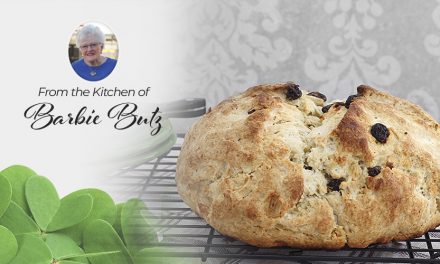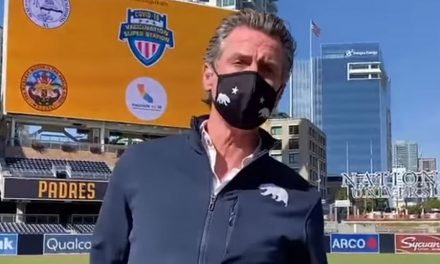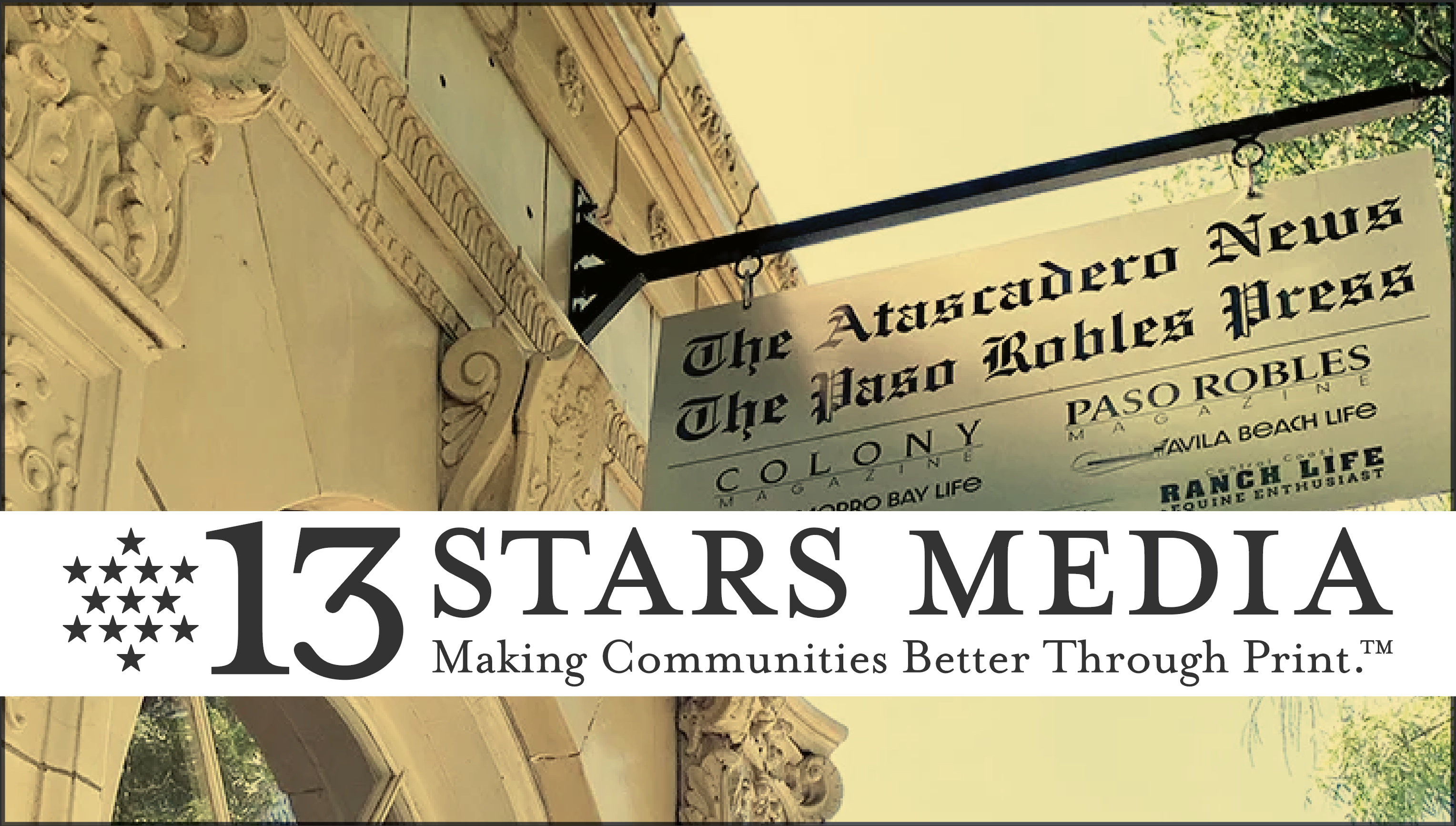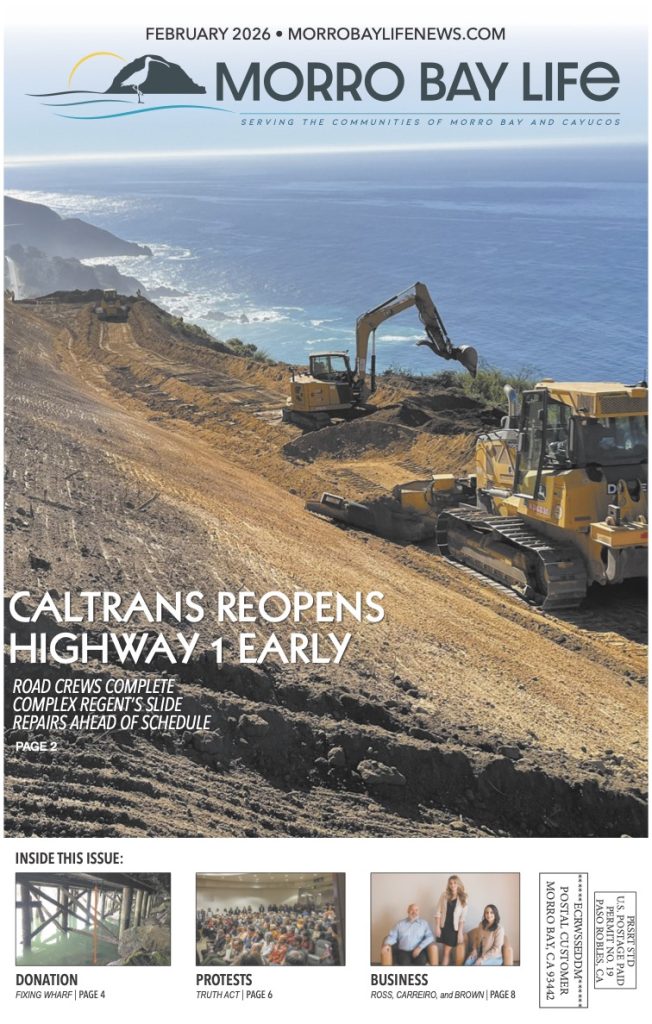Sky Rose Ranch has hosted the Mighty Oaks Warrior Programs since 2012
On Nov. 11, 1918, at 11 a.m., the world celebrated the end of World War I, which would be later known as Armistice Day.
The day the world thought would be the end of the war to end all wars would become a national holiday in 1938. Later in 1954, Nov. 11 was proclaimed Veteran’s Day to honor all Veterans.
We know now that WWI was not the war to end all wars. And even when soldiers do come home, their war isn’t always over.
Post Traumatic Stress Disorder (PTSD) was first used as a diagnostic term in 1980. Prior to that, symptoms of PTSD were known as “shell shock.”
Since then, PTSD has been prevalent among 13.8 percent of Iraq and Afghanistan veterans.
According to the U.S. Department of Veteran affairs:
Operations Iraqi Freedom (OIF) and Enduring Freedom (OEF): About 11-20 out of every 100 Veterans (or between 11-20 percent) who served in OIF or OEF have PTSD in a given year.
Gulf War (Desert Storm): About 12 out of every 100 Gulf War Veterans (or 12 percent) have PTSD in a given year.
Vietnam War: About 15 out of every 100 Vietnam Veterans (or 15 percent) were currently diagnosed with PTSD at the time of the most recent study in the late 1980s, the National Vietnam Veterans Readjustment Study (NVVRS). It is estimated that about 30 out of every 100 (or 30 percent) of Vietnam Veterans have had PTSD in their lifetime.














The average number of Veteran suicides per day was 17.6 in 2018.
After Mixed Martial Arts (MMA) fighter Chad Robichaux served eight tours of duty as a United States Marine Corps Force Recon, he was diagnosed with PTSD.
His diagnosis led him on a journey to create the Mighty Oaks Foundation, a non-profit committed to serving veterans and first responders suffering from PTSD.
The Mighty Oaks Foundation is committed to serving the brokenhearted by providing intensive peer-based discipleship through a series of programs, outpost meetings, and speaking events.
Mighty Oaks started in Colorado in 2011 and has grown into four locations—including one at the Sky Rose Ranch in Paso Robles.
Jamie Warner, the foundations West Coast Regional Facilitator and former USMC Naval Aviator, said, “Our mission is to serve our nation’s warriors and their families who have endured hardships in their service to America whether they are a veteran, active duty or a first responder and help them find new life purpose through hope and Christ through the different programs we offer.”
He adds, “We are unashamedly a faith-based program.”
There are five programs developed for veterans:
- Legacy Program for Men
- Legacy Program for Women
- Military Resiliency Programs
- Marriage Advance
- Aftercare
Sky Rose Ranch has hosted the Mighty Oaks since 2012 and handles mainly the Legacy Program for men and women. According to Warner, the foundation has served over 4,000 veterans since its inception.
The Veterans, or Warriors as they are called here, who attend are fully sponsored for training, meals, and lodging needs to ensure that upon arrival to the ranch, each Warrior is focused solely on his or her recovery and identifying purpose moving forward.
The Mighty Oaks Warrior programs are privately funded. No one coming to the program will ever have to pay for travel to and from the program or anything while they are there.
Warner says, “We try to keep those excuses away. It is completely paid for by donations from Americans who are appreciative of their service—we do what it takes to get them there.”
A typical day at the Legacy Program begins with colors, raising and saluting our nation’s flag, and breakfast. Each day is filled with a variety of classes, or presentations, on a wide range of topics.
One of the activities Warriors participate in is a horseback ride at the Work-Family Ranch in San Miguel. The Work-family has been a proud supporter of the Mighty Oaks since it first came to Paso Robles.
“We are faith-based, but we don’t force anything on anyone—this is what works for us,” explained Warner.
He continued saying, “We use the Bible as our foundation and walk them through ‘this is why a man needs to fight for the most important things in life, this is what a man of character looks like, a man who has discipline this is what brotherhood should look like.”
All the instructors and counselors at Mighty Oaks have gone through the program themselves and are also veterans.
“They are carrying the weight of the world on their shoulders—when they arrive, you can see it on their face,” said Warner.
He explains how Mighty Oaks is often a last resort for many of the veterans they meet, and there is always an impactful moment to witness.
“Oftentimes, you’ll hear guys say, ‘I have a stronger brotherhood now than I ever had in the military, and I didn’t think that was possible.’ I see miraculous changes every single week, and it never ceases to amaze me.”
The Mighty Oaks Foundation explains how their programs work the best.
“Our five-day intensive peer-to-peer program serves as the catalyst to help Warriors discover the answers to the big questions in life. Challenges related to the struggles of daily military life, combat deployments, and the symptoms of post-traumatic stress (PTS) surface during these five days.
Utilizing peer leadership, participants find common ground through shared experiences and understanding, allowing greater potential for growth and recovery within the men. By discovering the truth about discipline, brotherhood, legacy, courage, honor, faith, and family, men develop authentic character and learn to live a life of leadership. We equip our Warriors to fight through life’s challenges and discover the very purpose for their lives moving forward.”
Warner says as instructors; they witness lives being saved. He says, “My two favorite moments of the week is Monday dinner because it’s quiet. People are forcing conversations. You can tell people are uncomfortable. Then Friday at breakfast, there’s laughter, hugging, there’s talking.”
Warner often sees a common misconception coming from civilians and veterans: a veteran experiencing PTSD is broken and damaged.
One thing Warner says they try to make clear to veterans is Post Traumatic Stress is not a disorder. Instead, they try to retrain people to understand that post-traumatic stress is a normal reaction to the abnormal and horrific situations that veterans and first responders often find themselves in.
To learn more on the Mighty Oaks Foundation or to donate or apply for the program, visit mightyoaksprograms.org.
To all Veterans, we thank you for your courage, dedication, and hard work to preserve the American freedoms we hold dear. And thank you to the military families for their support, resilience, and sacrifice.

